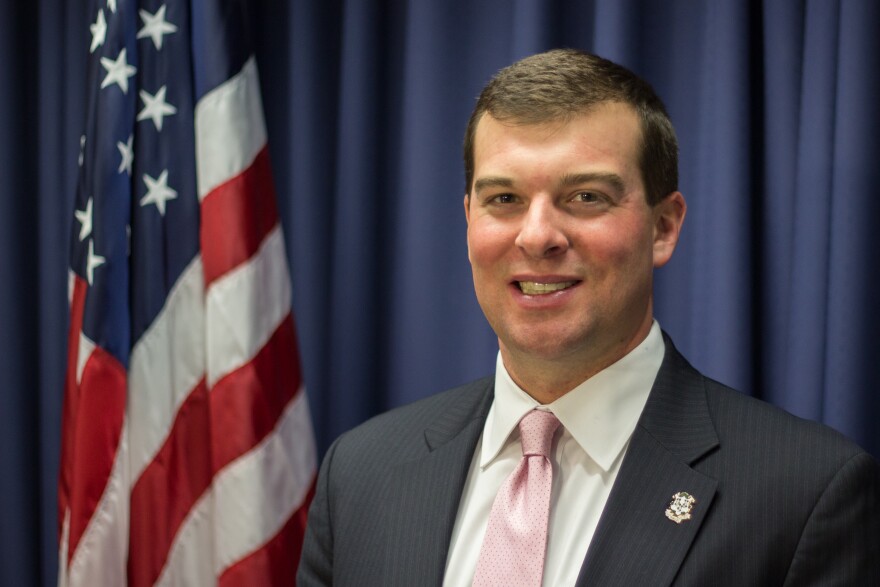Connecticut was the first state to pass a red flag law in 1999, after a shooting at the state lottery headquarters in Newington.
The law allowed prosecutors and police officers to petition a judge for the removal of guns from someone they believed to be a risk to themselves and others.
This month an expansion of that law goes into effect. WSHU’s Ebong Udoma spoke with Connecticut State Rep. Steve Stafstrom, who co-chairs the state Judiciary Committee. He said the change allows concerned family members and medical professionals to also petition a judge.
SS: Also, as of today, a judge can order not just the firearms be seized from someone who is deemed to be a risk to themselves or others, but that they can be prohibited from going out and acquiring a firearm, [and] can basically be blocked from passing a background check to acquire a firearm, even if they don't currently possess firearms.
WSHU: We also have a Connecticut deadly weapon offenders registry. What is that and what is different from what we have with the red flag law?
SS: Well, the offender registry is after someone has committed a crime. The red flag law is actually a civil proceeding. It doesn't require someone to have committed a prior crime. But maybe they've made thinly veiled threats to themselves or others or have demonstrated through their actions they really just shouldn't be in possession of a firearm. And it is a civil process just for the removal of the firearms, but it is not a criminal prosecution.
WSHU: Okay. As far as Connecticut is concerned, we feel that these steps that we've taken, are working. And in Connecticut, there's…
SS: Oh, look, there's always more that we can and should be doing. But Connecticut is the fourth safest state in the country. And our rate of gun violence has fallen dramatically over the last several years as we have enacted stricter gun restrictions and regulations.
But I do believe there's more we can and should do. I am encouraged to see that New York is looking at the issue of microstamping. That's an issue I would like to see Connecticut pursue as well. And certainly if there are a coalition of states that are looking into the technology behind microstamping, it's important. Obviously the size of New York, them putting in place certain restrictions will make gun manufacturers and ammunition manufacturers have to respond, and Connecticut can and should follow suit.
We've also looked at tightening up our current restrictions on ghost guns. Connecticut did put in place a ban on ghost guns in 2019, but that only applies to ghost guns manufactured after that date, and doesn't address the issue of a ghost gun that was manufactured prior to the effective date. And that is a loophole that I think the governor has rightly pointed out needs to be closed.
Additionally, we have been looking at the issue of bulk purchase of firearms. The rate of gun purchase has expanded exponentially over the last several years, along with the trend in an uptick in gun violence. More guns means more gun violence. And so one of the things we have looked at is putting in place some reasonable restrictions on how many firearms can be purchased by an injured buyer at one time.


